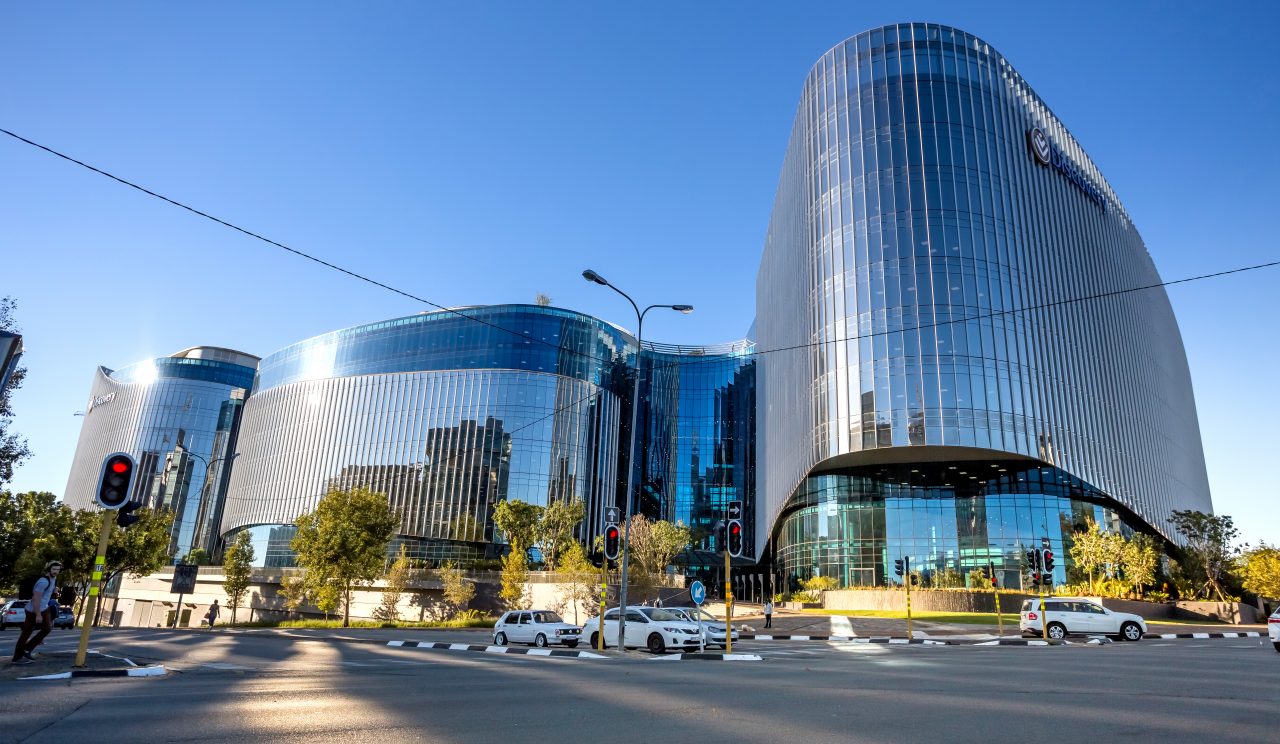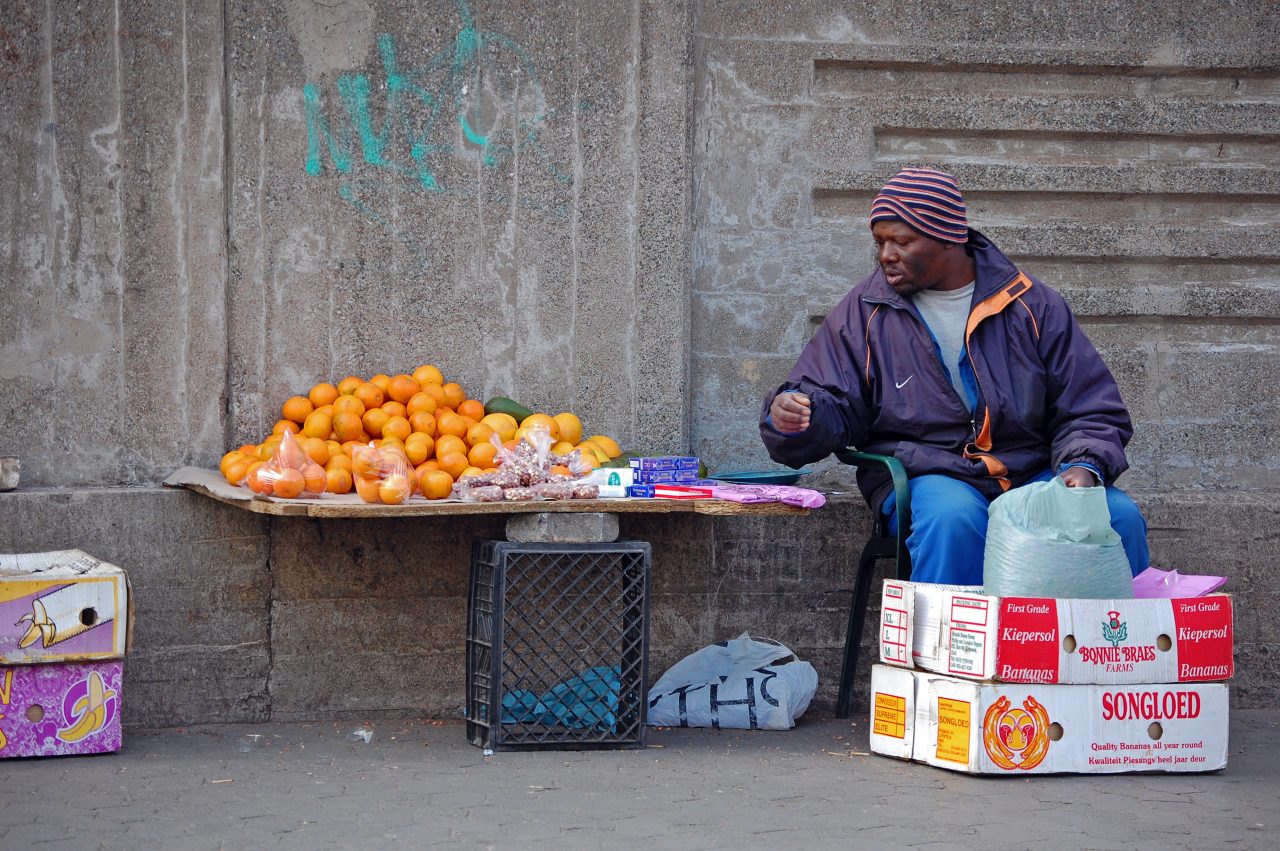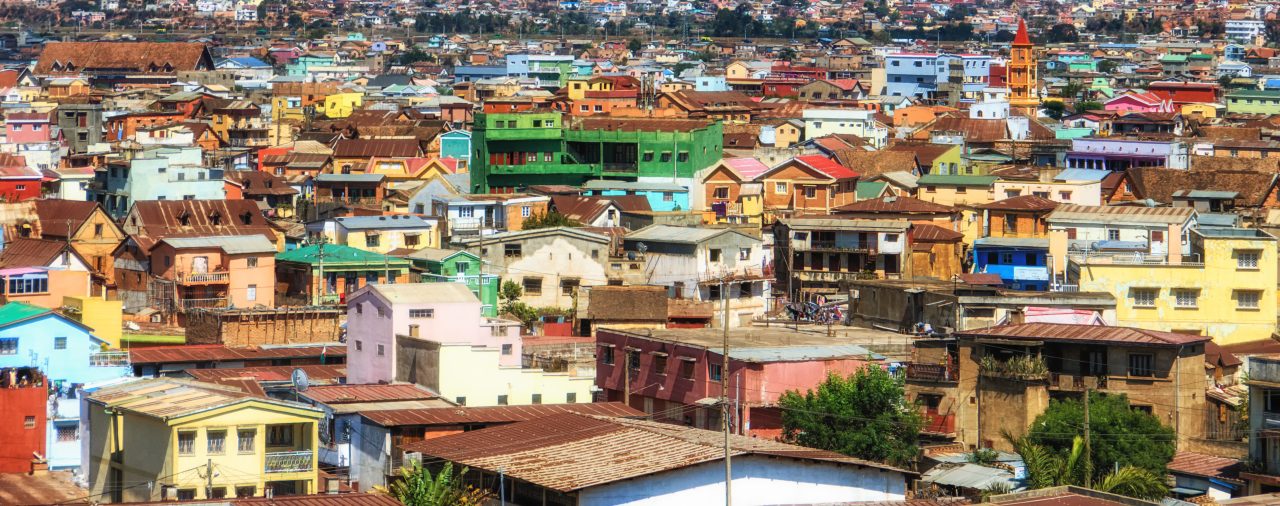Join GlobalBizzNetwork and start your international business network today.
Import & Export
While South Africa produces many products of world-class quality for export, it is also a major importer of diverse products from most countries. From pharmaceuticals to telecommunications, South Africa is an advanced consumer of the latest on offer from international sources.
Key South African import areas
The sophisticated and mature nature of the South African economy is reflected in the mix of economic sectors: primary (including agriculture, fishing and mining): 13%; secondary (manufacturing, construction and utilities): 20%; and tertiary (trade, transport and services): 67%. While South Africa produces many products of world-class quality for export, it is also a major importer of diverse products from most countries. In 2011, imports into South Africa were worth R722,6-billion, up from R585,3-billion the year before, reflecting the increase in demand for foreign-produced goods. Germany has, since 2001, been South Africa’s largest source of imports, showing annual growth of 18,5% between 2007 and 2008. However, in 2009 Germany was overtaken by China, which became the largest source of imports. From pharmaceuticals to telecommunications, South Africa is an advanced consumer of the latest on offer from international sources.
Agricultural products
South African agriculture and agribusiness have a number of competitive advantages, making the country both an important trading partner and a viable investment destination. South Africa supplements local agricultural production with imports, key among these being consumer-oriented products, forestry products, and intermediate products. One of the mainstays of the South African economy, the agricultural sector holds many opportunities with both large commercial and emerging farmers in areas such as capital investment, training, equipment and services supply.
Aviation
Airports Company South Africa (Acsa) handles about 90% of the country’s aviation requirements, operating three international airports (OR Tambo International, Cape Town International and King Shaka International), seven national airports (Port Elizabeth, East London, George, Kimberly, Upington, Bloemfontein, and Pilanesberg airport near Sun City). Since the massive upgrades for the World Cup in 2010, airport development has been ongoing, including freight handling upgrades. The domestic low-cost carrier market is active, and the air transport sector is on a growth path.
Equipment and machinery
This is South Africa’s most important import area: out of total imports worth R723.4- billion in 2011, R176.8-billion – about 24% – were in this category. It is the primary import not only from China, but also from Europe, the Japan and India. The Automotive Production and Development Programme (APDP) will be introduced in 2013 and will be in place until 2020. The APDP framework and provisions covering import duties, local assembly allowances, production incentives and investment allowances are aimed at increasing competitiveness and growth. Vehicles, aircraft and transport equipment are also major import sectors.
Information technology
South Africa’s information technology market is the largest in Africa, ranking 20th in the world in overall market size, and eighth in IT spending as a proportion of GDP, according to the Department of Trade and Industry. South Africa has one of the Middle East and Africa’s most significant IT markets in terms of size and growth potential. Its IT market is supported by factors such as the government’s digital projects and the telecommunications sector. As broadband access increases and internet penetration deepens, so the demand for hard– and software increase. A major opportunity lies in increased capital spending by small and medium-sized businesses, with particular focus on environmental resources management and customer-relationship management applications.
Food and beverages
South Africa has always had a well-developed food and beverage industry, partly because of the country’s major agricultural activity, and partly because of its relatively sophisticated food requirements. Importation of food preparations (such as sauces and condiments) has shown a steady increase over the past few years.
Franchises
Key sectors for development include: building, office and home services; automotive products and services; entertainment and leisure; hair, health and beauty; printing and photographic development; and restaurants.
Green technologies
South Africa is beginning to implement measures to help reduce its reliance on coal to produce energy. The government’s moves towards increased energy efficiencies and environmental measures, such as a focus on recycling, pollution control, green building technologies as well as renewable and alternative energies, present opportunities for companies experienced in these areas.
International brands: fashion, giftware
South Africa has an expanding consumer base and a growing disposable income, and South African consumers are prepared to pay a higher premium for international brand products.
Pharmaceuticals and chemicals
More than US$1-billion worth of pharmaceuticals are sold in South Africa annually, and the market is expected to grow substantially. The country has a high incidence of TB, HIV/Aids and malaria. An estimated 1,06- million adults and 105 123 children were receiving antiretroviral treatment in 2010. Opportunities exist in the supply of wound-management devices, advanced technology and equipment, as well as specialist products. There is an increasingly reliance on petrochemical imports, especially of plastic converters. Imports of substances, such as ozone-depleting chemicals under the Montreal Convention and chemicals used in illegal drug manufacturing under the 1988 United Nations convention, are subject to control.
Railways
South Africa’s state-led capital-expansion programme includes the development of rail transportation – rolling stock, including trains and carriages – under the Transnet Expansion programme. The R300-billion programme aims to move the transportation of minerals such as coal from roads to rail, and will include upgrading of rail infrastructure as well as projects at the country’s ports.
Security and safety equipment
There is strong growth in private security industry technology, such as CCTV and digital surveillance equipment, sophisticated access control systems (smart card technology), and IT systems. Many cities have introduced surveillance cameras, and businesses are increasingly updating systems with the latest technology. Home security is another key area.
Telecommunication services
The South African telecommunications market is the largest in Africa, in terms of both customers and revenues. The market is growing consistently and substantially. South Africa is one of the fastest-growing mobile communications markets in the world. Rapid growth is expected to continue, driven by increased innovation and competitive activity in the markets. Mobile penetration is at around 59.5-million. With around 20% of users holding more than one SIM card, internet penetration is around 117.5%. There are around 4- million fixed-line subscribers.
Tourism
South Africa is one of the world’s fastest-growing holiday destinations. The industry was given an injection by the country’s successful staging of the 2010 World Cup. Given its significant contribution to the economy – around 5% of total GDP – the development of a strong tourism industry is a high priority for the South African government, with many incentives and development schemes under way. A broad range of opportunities exist in this thriving sector.
Water and wastewater
The South African government is committed to ensuring that all its citizens have access to a minimum standard of potable water and sanitation. Many South African municipalities are looking to overseas companies to help them address these problems through concessions or management contracts. The increased focus on environmentally friendly solutions means that there are other opportunities for water utilities and contractors.
Source www.southafrica.info









